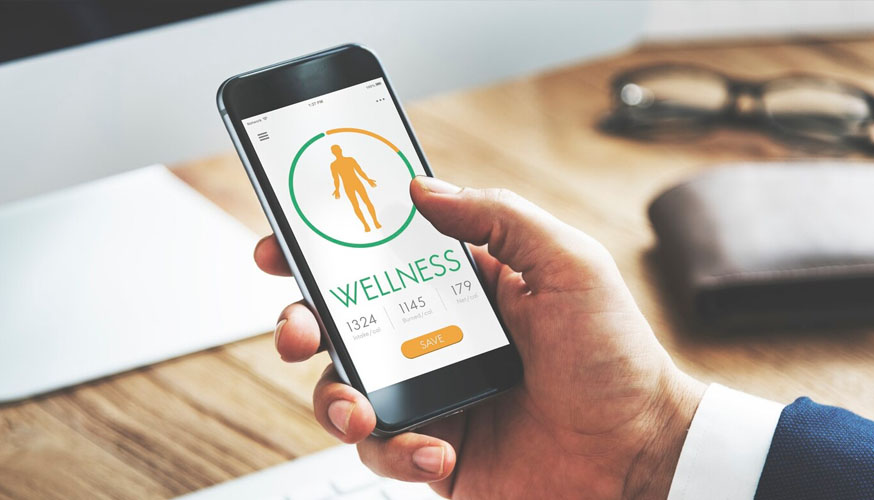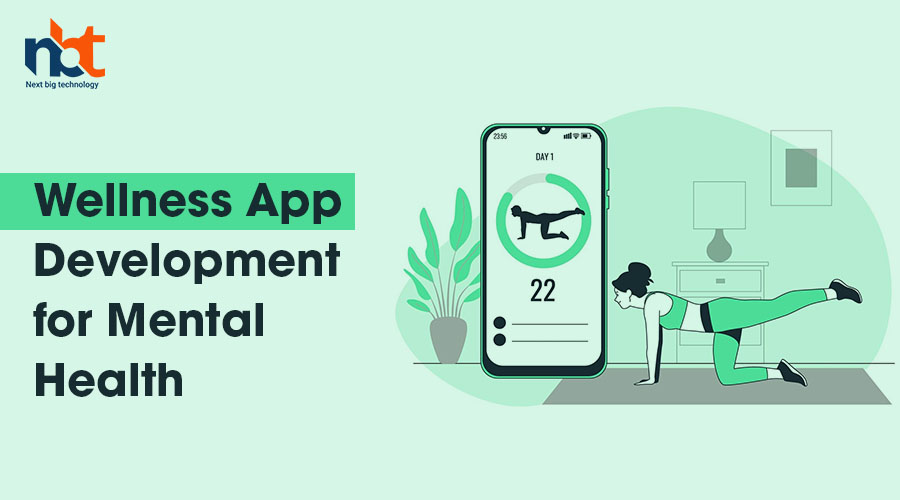In today’s fast-paced world, maintaining good mental health is more crucial than ever before. The demands of modern life can often lead to stress, anxiety, and depression. Fortunately, technology has come to our aid in the form of wellness apps designed specifically to support mental health. In this article, we’ll delve into the world of wellness app development for mental health, exploring how these apps are changing the landscape of mental well-being.
Table of Contents
Introduction
In an era where our smartphones are an integral part of our lives, it only makes sense that they can also play a significant role in improving our mental well-being. Wellness apps for mental health have emerged as powerful tools that provide support, resources, and guidance to individuals seeking to manage their mental health effectively.
Understanding Mental Health
Before diving into the world of wellness app development, it’s essential to grasp the nuances of mental health. Mental health includes emotional, psychological, and social well-being. It affects how we think, feel, and act, making it a fundamental aspect of our overall health.
The Rise of Wellness Apps

Over the last decade, there has been a remarkable surge in the development and use of wellness apps. These apps cater to various aspects of mental health, such as stress management, anxiety reduction, mindfulness, and more. They offer users a convenient and accessible way to take charge of their mental health.
Benefits of Wellness Apps
Wellness apps bring numerous advantages to users. They provide a sense of empowerment, enabling individuals to actively engage in their mental health care. Additionally, they offer flexibility, allowing users to access support whenever and wherever they need it. These apps also provide a range of tools and resources, from guided meditation to mood tracking.
Designing a Mental Health App
Creating a successful mental health app involves careful planning and thoughtful design. Developers must consider user needs, preferences, and limitations. It’s essential to create an intuitive and user-friendly interface that encourages consistent use.
Features and Functionalities
Effective wellness apps come equipped with a variety of features, including daily mood tracking, meditation exercises, and stress-relief techniques. Some apps even connect users with licensed therapists through text or video chat, making professional help more accessible.
User Experience Matters

User experience plays a critical role in the success of wellness apps. A well-designed app should be engaging and easy to navigate. Personalization is key, as it allows users to tailor their experience to their specific needs.
Ensuring Privacy and Security
Given the sensitive nature of mental health data, app developers must prioritize privacy and security. Robust encryption and strict data protection measures are essential to gaining users’ trust.
Challenges in Development
Developing a wellness app for mental health isn’t without its challenges. Developers must navigate regulatory requirements, address potential ethical concerns, and continuously update their apps to meet evolving user needs.
Success Stories
Several wellness apps have made a significant impact on mental health. Apps like Headspace, Calm, and Talkspace have garnered millions of users and helped individuals worldwide manage their mental health more effectively.
The Future of Wellness App Development

As technology continues to advance, so does the potential for wellness apps. Artificial intelligence, virtual reality, and data analytics are likely to play more prominent roles in the future of mental health app development.
Conclusion
Wellness app development for mental health represents a promising frontier in the quest for better mental well-being. These apps provide accessible, personalized, and effective tools to help individuals manage their mental health. By prioritizing user experience, privacy, and ongoing improvement, developers can contribute to a brighter future for mental health care.
FAQs
1. Are wellness apps a replacement for professional therapy?
No, wellness apps are not a replacement for professional therapy. They can be a helpful supplement but should not substitute for professional mental health treatment when needed.
2. Are wellness apps safe to use?
Most reputable wellness apps prioritize user privacy and security. However, it’s essential to research and choose apps from trusted sources to ensure your data remains protected.
3. Can wellness apps really improve mental health?
Yes, wellness apps can contribute to improved mental health by offering tools, resources, and support for managing stress, anxiety, and other mental health challenges.
4. How often should I use a wellness app?
The frequency of app use depends on individual preferences and needs. Some people use them daily, while others turn to them as needed for specific support.
5. Are there free wellness apps available?
Yes, many wellness apps offer free versions with limited features. However, premium versions often provide more comprehensive content and features.
Thanks for reading our post “Wellness App Development for Mental Health”. Please connect with us to know more about Wellness App Development.

















